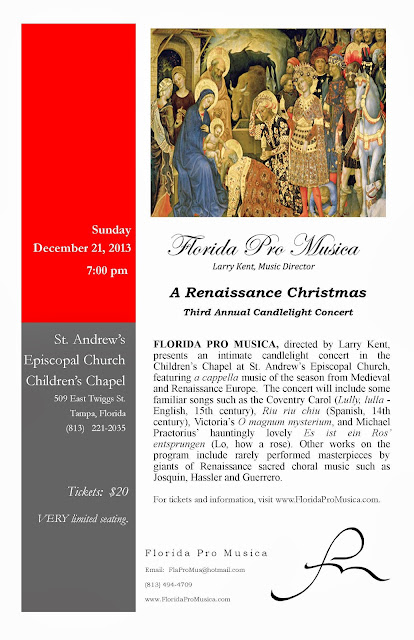As we continue our Chant Cafe observance of the Octave of Black Friday, some of our history-minded readers may be interested to know that Black Friday is actually based on an older holiday tradition.
Much like the ascent of Christmas over the older pagan rites of Saturnalia and the Winter Solstice, Black Friday’s origins lie in a once-popular holiday commonly called “The Thanksgiving.”
Now celebrated only by the most devout “Old Believers,” The Thanksgiving, or Blackfridayseve was a festive time of family gathering centered around a large meal of roasted fowl and carbohydrates (see speculative recreation in image below). The primary purpose of The Thanksgiving Day, according to popular accounts, was to memorialize the culture’s mythical ancestors and to meditate on those things which we are thankful for today.
In all the preparation for the modern celebration of Black Friday, we at the Cafe neglected to mention this more ancient celebration, even though it is a part of our mission here to preserve and promote knowledge and learning about older and more traditional liturgical forms. THANKFULLY, observance of the full Octave of Black Friday gives us time, once the main holiday is over, to go back and visit some of the traditions and practices associated with Blackfridayseve.
To that end (and I realize this a highly adapted use of the traditional form), I’d like to recommend that we all take a minute (or less, you know, if a minute is too long) to think about those things we are thankful for.
Here at the Cafe, and in the CMAA community, I’m incredibly thankful for the amazing work being done by so many dedicated servants. We have composers writing traditionally-styled Sacred Music to fit the needs of today’s parish reality. We have entrepreneurs starting publishing ventures to bring Sacred Music to a wider audience. We have people giving their time and expertise to offer advice about running a music ministry. We have people donating money to help important projects take off. We have people scanning and transcribing hard to find and out of print books. We have copyright holders releasing their creations for free use and adaptation. We have philosophers and theologians (and jesters like me) writing astonishing essays on liturgical and musical theory. We have informal curators finding amazing but little known works at CPDL and on YouTube and bringing them to our attention.
I haven’t even tried to mention the names of all the people, but even that list of broad categories is surely incomplete. If you aren’t constantly amazed at what goes on around this tiny little corner of the internet, then you clearly are not paying enough attention. (Or you need to be visited by the three spirits of Blackfridayseve.)
On a personal note, aside form all the amazing and inspiring work being done, I’d like to say how thankful I am for the people I have met and the friends I have made through my (entirely online) activity with CMAA.
Thank you all for the wonderful work you are doing. Have a blessed Black Friday season.





